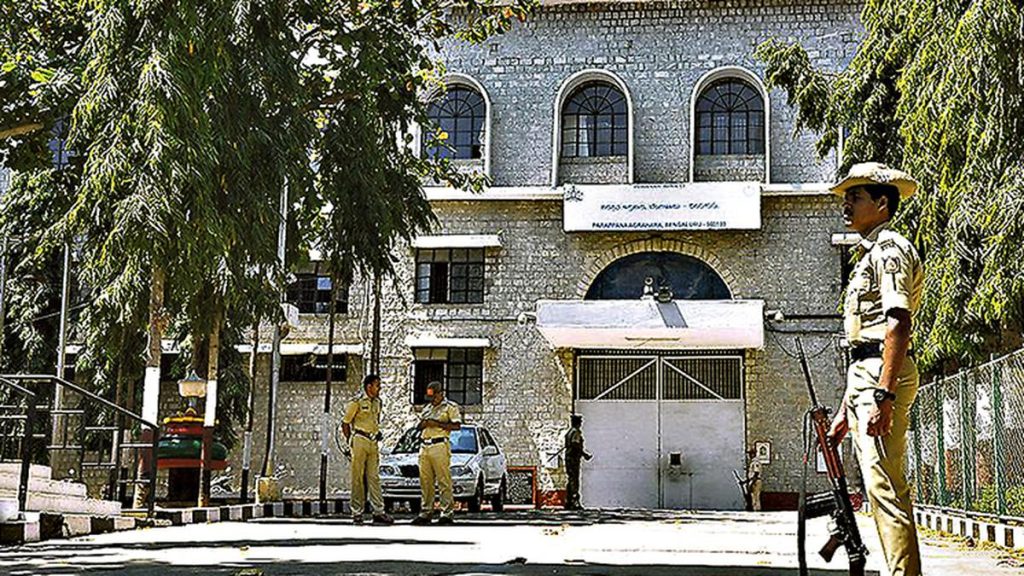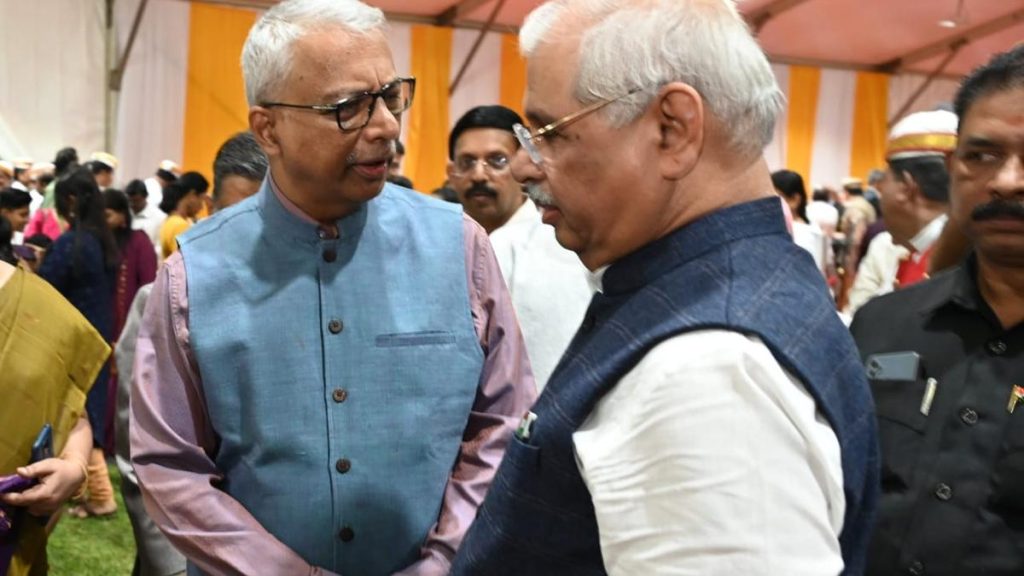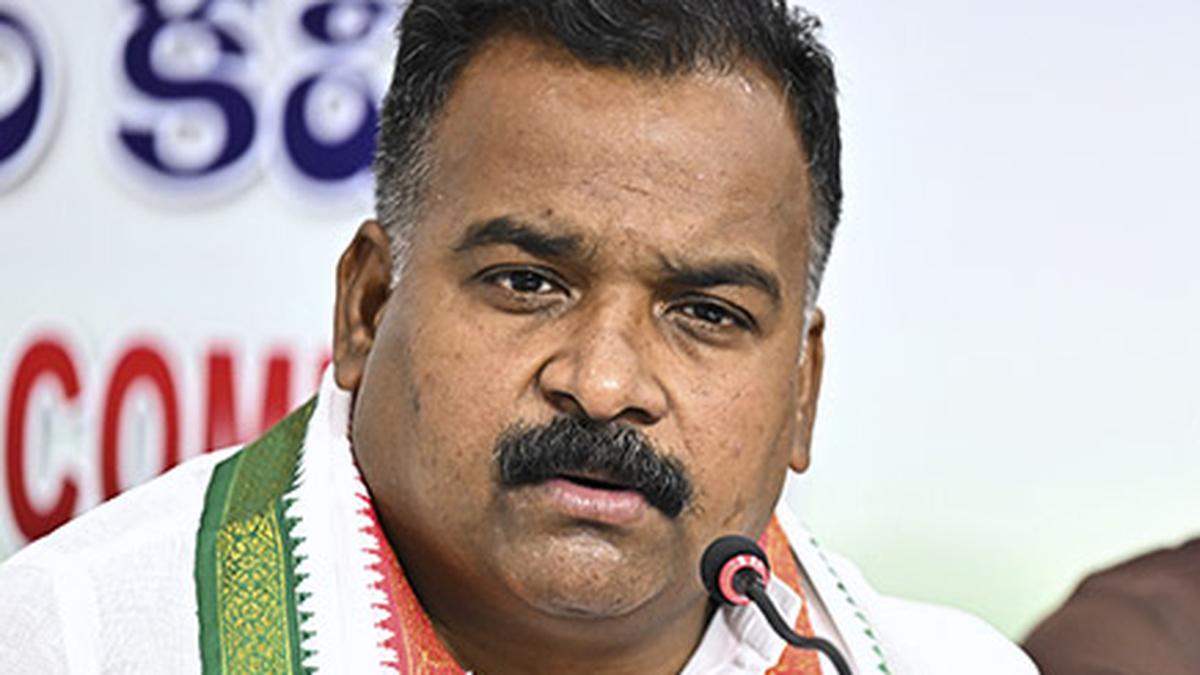Now Reading: Mangaluru Civic Polls Delayed: Ward-Wise Reservation List Pending for Over 5 Months
-
01
Mangaluru Civic Polls Delayed: Ward-Wise Reservation List Pending for Over 5 Months
Mangaluru Civic Polls Delayed: Ward-Wise Reservation List Pending for Over 5 Months

Fast Summary
- The five-year term of the Mangaluru city Corporation (MCC) council ended on February 27, 2025.
- Elections for MCC are delayed due to the government not yet publishing the draft list of ward-wise reservations.
- Objections need to be invited before finalizing reservations; only then can the Election Commission announce election dates.
- City corporations in Mysuru, Shivamogga, Tumakuru, Davangere, and Bengaluru are also experiencing delays in council elections.
- A study by Janaagraha Center titled ‘A Critical Review of Decentralised Participatory Governance in Cities of Karnataka’ highlighted critically importent delays-with municipal corporation elections delayed by an average of 22 months,mayoral formations an additional 2.5 years.
- The study recommended timely conduct of elections every five years and empowering the State Election Commission for delimitation and reservation processes to mitigate these delays.
- Past MCC election results:
– In November 2019: BJP won majority with 44 seats out of 60; Congress secured 14 seats; SDPI gained two seats.
– In March 2014 (after a year-long delay post-elections): congress took control with a majority (35), ending BJP rule established in their first victory from the previous election cycle that began in 2007.
Indian Opinion Analysis
The prolonged delay in holding urban civic body elections raises questions about governance at key municipal levels across Karnataka. Mangaluru’s inability to elect a new council mirrors challenges seen statewide, as highlighted by Janaagraha’s study detailing systemic inefficiencies causing multi-year lags between electoral cycles and functioning administrations.
Delays impede critical local governance functions like budgeting and public infrastructure planning-issues particularly crucial in rapidly urbanizing cities such as Mangaluru or Bengaluru. Janaagraha’s proposal to give the State Election Commission purview over complex tasks like delimitation could reduce dependency on state governments while ensuring adherence to constitutional mandates regarding timely democratic processes.
Mangalore’s history shows how political pendulum swings affect governance stability-from BJP breaking long-standing Congress dominance (2007) to managing repeated reservation-related procedural hurdles over cycles-all underscoring that smooth electoral execution is crucial for empowered local leadership reflecting voter priorities.
In sum, resolving institutional bottlenecks around these civic polls aligns with improving citizen trust toward decentralized governance models pivotal for India’s city development needs.
For more information read hear.























